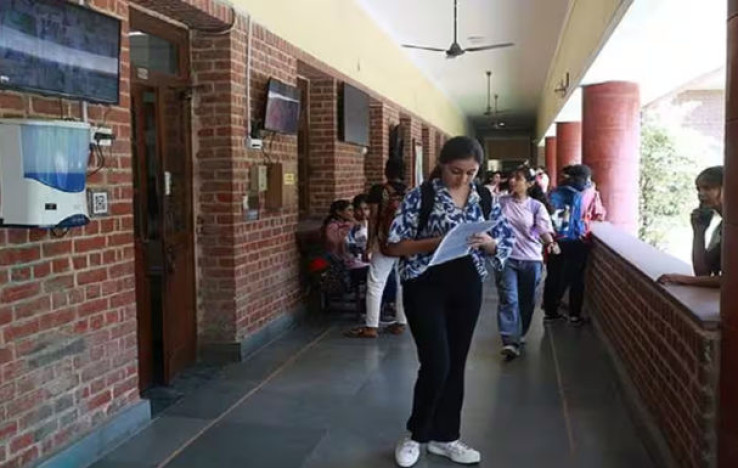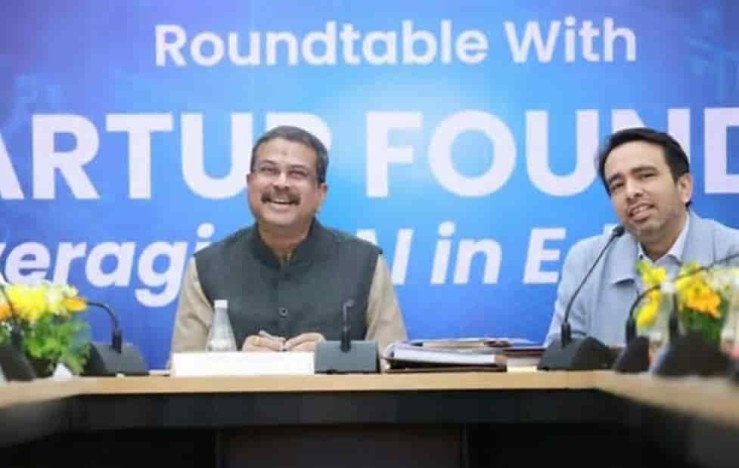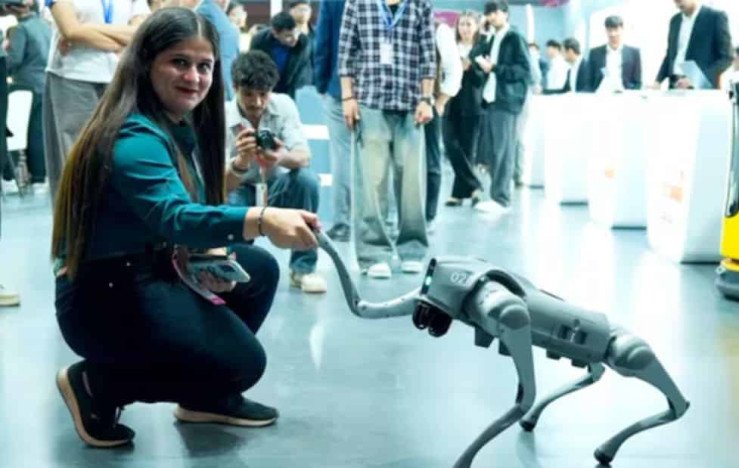Last Updated Sep - 14 - 2023, 07:19 PM | Source : TOI | Visitors : 53
A legal challenge questions Delhi University's admission criteria, as UGC defends using CLAT-UG for professional law courses.

In response to a petition challenging Delhi University's decision to admit students to the course solely on the basis of CLAT-UG 2023 and not CUET, the University Grants Commission informed the Delhi High Court on Tuesday that the five-year law course is a professional degree programme that may require different criteria to select students for admission. In a counter affidavit submitted in the case, the UGC requested that the petition be dismissed and claimed that the DU had decided to use the Common Law Admission Test (CLAT), a centralized national-level entrance exam primarily used by the top National Law Universities, to admit students to its integrated law course.
READ MORE| Former ISRO Chief Dr. K Sivan Appointed Chairman of IIT Indore's Board of Governors
Similarly, the central government, which had previously stated that the Common University Entrance Test (CUET) was not required for central universities, said admission standards for professional courses like engineering, medicine, and law are shaped by their specialized nature and specific skill, and as a result, are required to be guided by the distinct prerequisites of each course. Professional courses like engineering, medicine, and law, among others, are shaped by their specific skill.
"While there are overarching policy guidelines, universities retain the flexibility through their Competent Bodies i.e. Academic Councils and Executive Councils to tailor these guidelines to suit the unique demands of such professional courses," the Centre said in its reply to the matter.
"The National Education Policy (2020) also envisions governance of Higher Education institutions by highly qualified independent Boards having academic and administrative autonomy...the relief as sought by the petitioner to quash the admission notice of University of Delhi may not be granted," it said.
Last month, after the Centre's counsel claimed that CUET was not required for central universities but the UGC's attorney disagreed, a bench of Chief Justice Satish Chandra Sharma and Justice Sanjeev Narula asked the Centre and the UGC to file their detailed replies on the petition by Prince Singh.
The Five-Year Integrated Law course is a professional degree course, hence alternative criteria for assessment and evaluation may be needed to choose candidates for admission to this professional degree programme. According to the affidavit submitted by UGC, "it is most humbly desired that this Hon'ble Court may dismiss this instant petition in light of the above mentioned facts and circumstances.
According to the Center's statement, DU is one of the top central universities and enjoys autonomy in the management of its day-to-day operations.
It said that admittance to its numerous professional courses and programmes is subject to DU's own statutes, rules, and ordinances, among other things.
Prince Singh, a law student at Campus Law Centre in the University of Delhi, claims in his petition that the university, in issuing the contested notification, imposed a "wholly unreasonable and arbitrary condition" that the admission to five-year integrated law courses shall be solely based on merit in the CLAT-UG 2023 result, which is in violation of the right to equality under Article 14 and the right to education under Article 21 of the Constitution.
According to the plea, the criterion lacks any discernible distinction and has no rational relationship to the goal of admission to the five-year integrated law courses at the Faculty of Law.
In the appeal, it is demanded that enrollment in the five-year integrated legal programmes take place in 2023 via CUET-UG.
The Union Ministry of Education (MoE) reportedly introduced the CUET-UG 2023 for admission to all undergraduate programmes at central institutions for the academic year 2023–2024.
The admission of students to five-year integrated legal programmes at DU purely on the basis of CLAT-UG, 2023, had been called into doubt by the high court earlier this month.
The high court ruled that Delhi University was "not special" because other central institutions were granting admission for the course based on CUET UG 2023 developed by the Ministry of Education.

Feb - 20
India currently has 21 Indian Institutes of Management (IIMs) located across different states. These institutes are known for offering some of the ... Read More

Feb - 20
Union Education Minister Dharmendra Pradhan recently chaired a roundtable discussion with founders of Indian startups working in artificial intelli... Read More

Feb - 20
A controversy surrounding Galgotias University has escalated all the way to the Uttar Pradesh Assembly, as opposition lawmakers pushed for a probe ... Read More